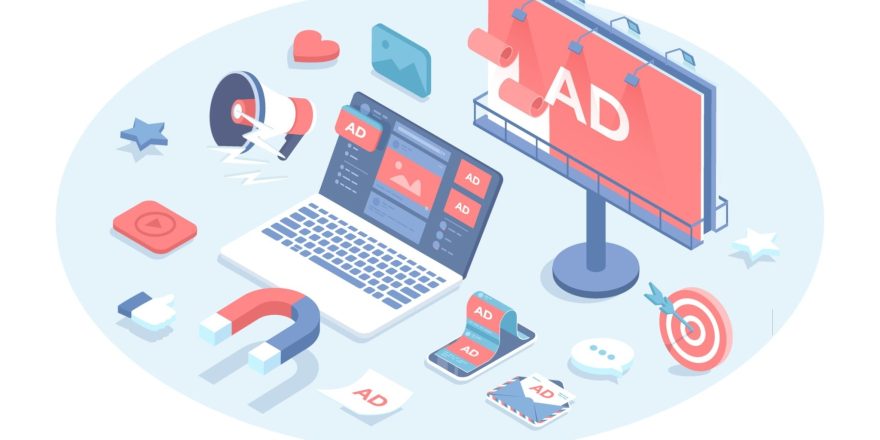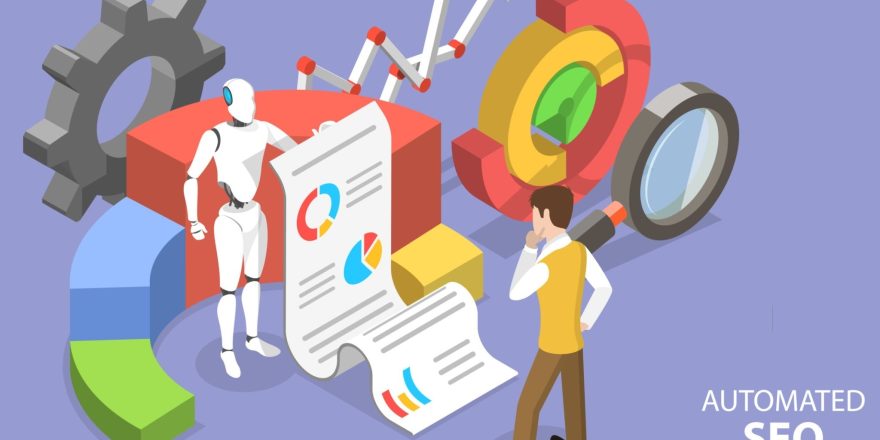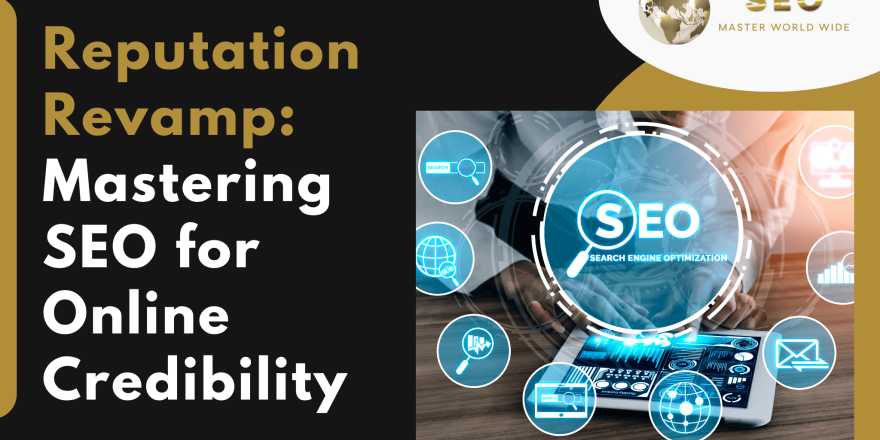Introduction
The world of digital marketing is continually evolving, and staying competitive requires leveraging the latest technologies. Artificial Intelligence (AI) is transforming the way businesses approach Search Engine Optimization (SEO) and content creation. In this blog post, we’ll explore how you can harness the power of AI to enhance your SEO efforts and create high-quality, engaging content that resonates with your audience.
1. Keyword Research and Optimization
AI-driven tools have revolutionized keyword research and optimization. Traditional methods of keyword analysis often involved manual research and analysis of search trends. AI tools, such as Google’s Keyword Planner, SEMrush, and Ahrefs, now automate this process, providing valuable insights into the keywords and phrases your target audience is using.
AI can help you:
• Identify long-tail keywords: AI algorithms can discover less competitive, highly relevant long-tail keywords that traditional research might miss.
• Analyze competitor keywords: AI tools can dissect competitor websites and identify the keywords driving their traffic.
• Predict keyword trends: AI algorithms can analyze historical data and predict emerging keyword trends, allowing you to stay ahead of the curve.
By integrating AI-driven keyword research into your SEO strategy, you can optimize your website’s content to better match the search intent of your audience.
2. Content Generation
AI-powered content generation tools have gained significant traction in recent years. These tools use Natural Language Processing (NLP) and Machine Learning algorithms to generate human-like text. While they’re not a replacement for human creativity and expertise, they can be a valuable asset for generating large volumes of content quickly.
Some ways AI-driven content generation can enhance your SEO and content creation include:
• Automatic content creation: AI tools can generate blog posts, product descriptions, and other content based on predefined parameters, saving time and effort.
• Content expansion: AI can analyze existing content and suggest ways to expand it with additional information, insights, and related keywords.
• Multilingual content: AI-powered translation tools can help you create content in multiple languages, broadening your reach to international audiences.
However, it’s crucial to review and edit AI-generated content to ensure accuracy, clarity, and adherence to your brand’s voice and style.
3. Content Optimization
AI tools can assist in optimizing your content for SEO by analyzing various factors, including readability, keyword density, and user engagement. Here’s how AI can help with content optimization:
• Readability analysis: AI algorithms assess the readability of your content, making recommendations for improvements. This ensures that your content is accessible and engaging for a broader audience.
• Keyword density: AI can analyze your content to determine if you’ve effectively incorporated your target keywords. It can suggest adjustments to ensure better keyword optimization without keyword stuffing.
• Content length: AI can provide insights into the ideal content length for specific topics or industries, helping you create content that aligns with user expectations.
• User engagement analysis: AI can track user behavior on your website, identifying which content performs best and which may need optimization. This data can guide your future content creation efforts.

4. Content Personalization
AI enables dynamic content personalization, tailoring your website’s content to individual users based on their behavior, preferences, and past interactions. This level of personalization can significantly enhance user experience and drive engagement.
Here’s how AI-driven content personalization works:
• Recommendation engines: AI algorithms analyze user data to suggest related articles, products, or services, increasing the likelihood of users staying on your site and converting.
• Dynamic content blocks: AI can determine which content elements (headlines, images, CTAs) resonate most with individual users and display them accordingly.
• A/B testing: AI can automate A/B testing processes, optimizing your content presentation based on user response.
Personalized content not only enhances SEO by increasing user engagement but also improves user satisfaction and the likelihood of conversions.
5. Natural Language Processing (NLP) for SEO
NLP, a branch of AI, focuses on the interaction between computers and human languages. Leveraging NLP for SEO can be a game-changer. Here’s how:
• Voice search optimization: NLP helps you understand and optimize for voice search queries, which are becoming increasingly prevalent with the rise of virtual assistants like Siri, Alexa, and Google Assistant.
• Semantic search: NLP enables search engines to understand the context and intent behind search queries, leading to more accurate results. Optimizing your content for semantic search can improve your ranking and visibility.
• Content relevance: NLP algorithms can analyze the relevance of your content to user queries, ensuring that your pages match search intent.
6. SEO Analytics and Reporting
AI can streamline the process of tracking and reporting on your SEO efforts. Advanced AI-powered analytics tools can provide real-time insights and predictions, allowing you to make data-driven decisions.
Here’s how AI can enhance SEO analytics:
• Predictive analytics: AI can forecast future trends and performance based on historical data, helping you allocate resources more effectively.
• Competitor analysis: AI can monitor competitors’ SEO strategies, revealing insights into their keyword rankings, backlink profiles, and content strategies.
• Data visualization: AI can transform complex SEO data into easily understandable visual reports, making it easier for non-technical team members to grasp your SEO performance.
Conclusion
AI has become a powerful ally in the world of SEO and content creation. By harnessing the capabilities of AI tools and technologies, you can optimize your website for search engines, create high-quality content at scale, and provide personalized experiences for your audience. Embracing AI-driven SEO and content strategies will not only improve your website’s visibility but also save you time and resources in the long run. As AI continues to advance, integrating it into your digital marketing efforts will be a key factor in maintaining a competitive edge in the ever-evolving online landscape.





